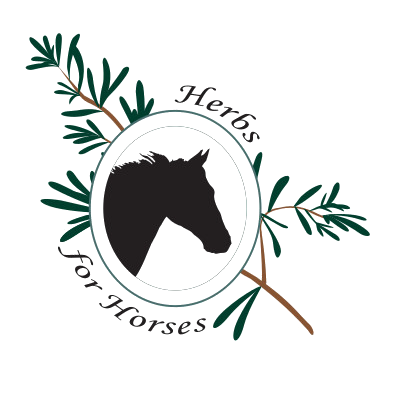We humans are a peculiar bunch. Creatures of habit (and not always good ones!), we frequently engage in behaviors that we think are good for us (for instance, I take a daily multivitamin) without really knowing if or how they actually work. In the horse world, probiotic supplements are vibrant examples of this. Horse owners enthusiastically spend around $250/year per horse on probiotics, blindly faithful to the concept with almost no definitive evidence that they do anything useful at all.
Herbs for Horses is about to change all that. Their combination probiotic/prebiotic supplement ‘ProbioPLUSTM’ has undergone more than 2 years of extensive study at the University of Guelph, to better understand its effect on the equine digestive tract. And now the results are in! As part of her PhD research, Dr. Jennifer MacNicol created an in vitro model of the equine cecum using anaerobe chambers and specialized equipment called ‘chemostat’ machines. These chambers were filled with equine cecal fluid and incubated with or without ProbioPLUS. Results showed that ProbioPLUS strongly increased microbial production of short chain fatty acids (especially acetate), which is evidence for the ability of ProbioPLUS to support healthy growth and metabolism of ‘good bugs’ in the horse’s cecum. In a separate study, MSc student Maria Lagounova fed ProbioPLUS for 28 days to a group of actively racing standardbreds, some of which were receiving 10 days of antiobiotic treatment, and evaluated the fecal microbial population over the 28-day duration. While there were limited effects of ProbioPLUS on the fecal microbiome, ProbioPLUS supplementation increased the diversity of microbial populations over the 28-day period, whilst promoting a softening of feces during the latter part of the supplementation period. Taken together these two studies provide evidence that ProbioPLUS supports the equine gastrointestinal tract primarily in a prebiotic manner (ie. supports the microbiome that is already there, rather than influencing its composition). The increase in short-chain fatty acids following probiotic supplementation has been reported previously in horses1, and may offer significant benefit to athletic horses by providing an energetic alternative to glycogen, reducing lactate accumulation in muscle following exercise. This means your horse may be able exercise longer and at higher intensity prior to the onset of fatigue.
There is still much to be learned about how probiotic supplementation can help support overall health and wellness in your horse. But this extensive research into ProbioPLUS can help us make supplement choices based more on objective evidence and less on blind faith. To be continued!
Laghi L, Zhu C, Campagna G, Rossi G, Bazzano M, Laus F. Probiotic supplementation in trained trotter horses: effect on blood clinical pathology data and urine metabolomic assessed in field. J Appl Physiol (1985). 2018;125(2):654–660. doi:10.1152/japplphysiol.01131.2017
